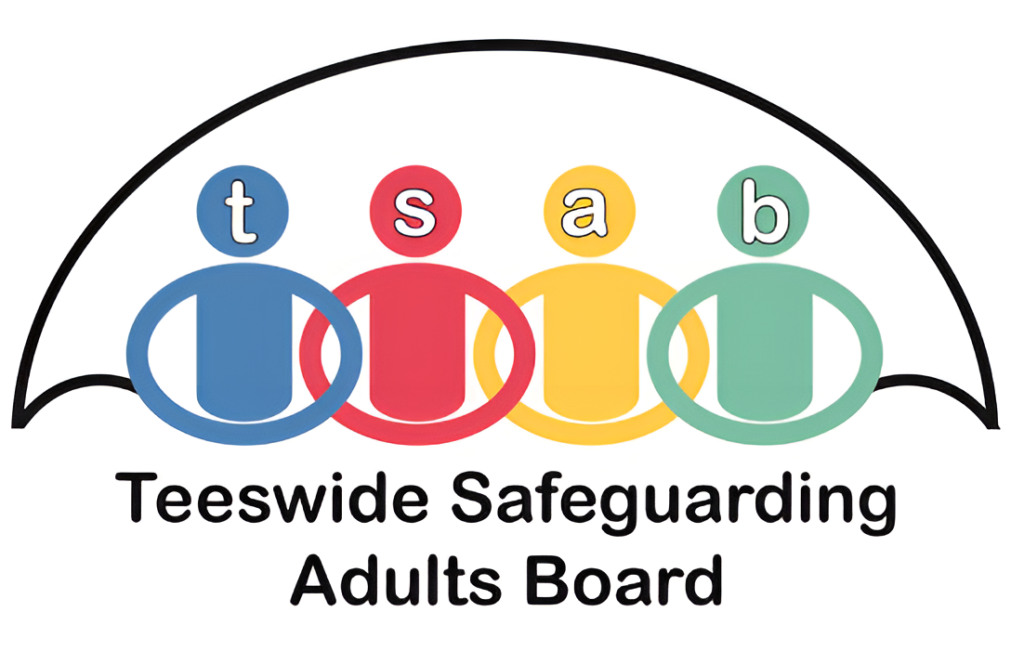Overview
Safeguarding is a fundamental responsibility of all individuals and organisations operating within the Voluntary, Community and Social Enterprise (VCSE) sector, regardless of whether you’re an employee, trustee or a volunteer. It doesn’t matter if you’re providing youth services, community care, housing support, or outreach programmes, safeguarding must be embedded into every aspect of service design and delivery.
This page provides guidance for VCSE organisations in Redcar and Cleveland and VCSE wider partners across the Tees Valley on their safeguarding duties, links to key legislation, and information about local safeguarding partnerships.
What is Safeguarding?
Safeguarding refers to the actions we take to promote the welfare of children, young people, and vulnerable adults, and to protect them from harm. It includes:
- Protecting people from abuse, neglect, and exploitation
- Preventing harm to health or development
- Ensuring safe and effective care
- Empowering individuals to make informed choices and live free from harm
Safeguarding is not just a matter of compliance — it’s about creating safe, inclusive environments where people are treated with dignity and respect.
VCSE Responsibilities
All VCSE organisations have a duty to safeguard the people they work with. This includes:
- Developing and implementing safeguarding policies and procedures
- Appointing a designated safeguarding lead
- Providing regular training for staff and volunteers
- Conducting safe recruitment checks
- Responding appropriately to disclosures or concerns
- Working in partnership with statutory agencies
Safeguarding arrangements should be proportionate to the size and nature of the organisation but must always be robust and clearly documented.
Key National Legislation and Guidance
VCSE organisations must ensure they comply with relevant legislation, including:
Children and Young People
Vulnerable Adults
VCSE should also refer to the Charity Commission Safeguarding Guidance.
Local Safeguarding Partnerships in the Tees Valley
Each local authority area in the Tees Valley has multi-agency safeguarding partnerships that provide strategic oversight, policy frameworks, and training. VCSE organisations are encouraged to engage with their local boards.
Children and Young People

Other Children & Young People Safeguarding partnerships in the Tees Valley:
Other
Support for VCSE Organisations
If you are part of a VCSE organisation in Redcar and Cleveland or the broader Tees Valley then you are not alone. There is support available to help strengthen safeguarding practices:
- Training and e-learning provided by both the South Tees Safeguarding Children Partnership and Teeswide Safeguarding Adults Board
- Policy templates and checklists
- Peer networks and forums
Incorporating safeguarding into governance and daily practice ensures that all individuals who come into contact with your services are protected and valued.
Contact and Reporting Concerns
If you believe a child or adult is at immediate risk, contact emergency services by dialling 999.
For non-emergency safeguarding concerns, refer to the relevant local authority safeguarding team via:
Final Note
Safeguarding is everyone’s responsibility. The VCSE sector plays a critical role in identifying risk, offering support, and creating safe spaces. By working in partnership with statutory services and communities, we can help ensure that children, young people, and vulnerable adults across the Tees Valley are protected from harm and supported to thrive.

